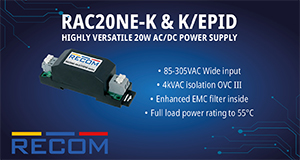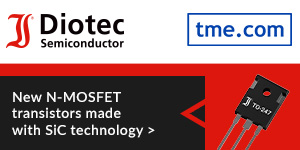
1) MLCC with a maximum operating temperature of 200℃ that supports conductive adhesives
Murata has developed the GCB series of monolithic ceramic capacitors (MLCCs) that supports the conductive adhesives and can be used even in environments with high temperatures exceeding 150℃.
These new capacitors are intended for use in products and equipment that are installed in demanding temperature environments such as in the vicinity of automobile engine compartments.
Newly developed electrodes made of nickel (Ni) and palladium (Pd) are employed for the external electrodes of the new capacitors, producing a high bonding reliability with conductive adhesives even during use in high-temperature environments.
2) Supercapacitors (EDLCs) lineup expansion – high capacitance 220mF model
Super capacitors (EDLCs), with longer lifetime than batteries, are energy storage devices with higher capacitance than what is typically found in conventional capacitor technology such as ceramic capacitors or electrolytic capacitors.
Murata’s super capacitors feature the lowest levels of ESR in the industry.
We have added a 220mF model with the lowest profile in the DMT series lineup.
It will contribute to making end products thinner or improve end-product performance by stabilizing the power line.
3) High-frequency chip inductors LQP03TQ_02 series
Murata is making available the LQP03TQ_02 series of high-frequency chip inductors with Q characteristics superior to those of its existing LQP03TN_02 series.
The new series is expected to support even tighter tolerances (±0.05nH) than before.
4) ITOCHU Techno-Solutions Corporation, Murata Manufacturing, and NTT DATA INTELLILINK are jointly developing a rack system compatible with the Open Compute Project
The Open Compute Project (OCP) is a project started by Facebook, Inc. in 2011 to design the best hardware for large-scale data centers.
ITOCHU Techno-Solutions Corporation, Murata Manufacturing, and NTT DATA INTELLILINK Corporation will jointly develop a dedicated rack system that is compliant with the specifications of the OCP.








